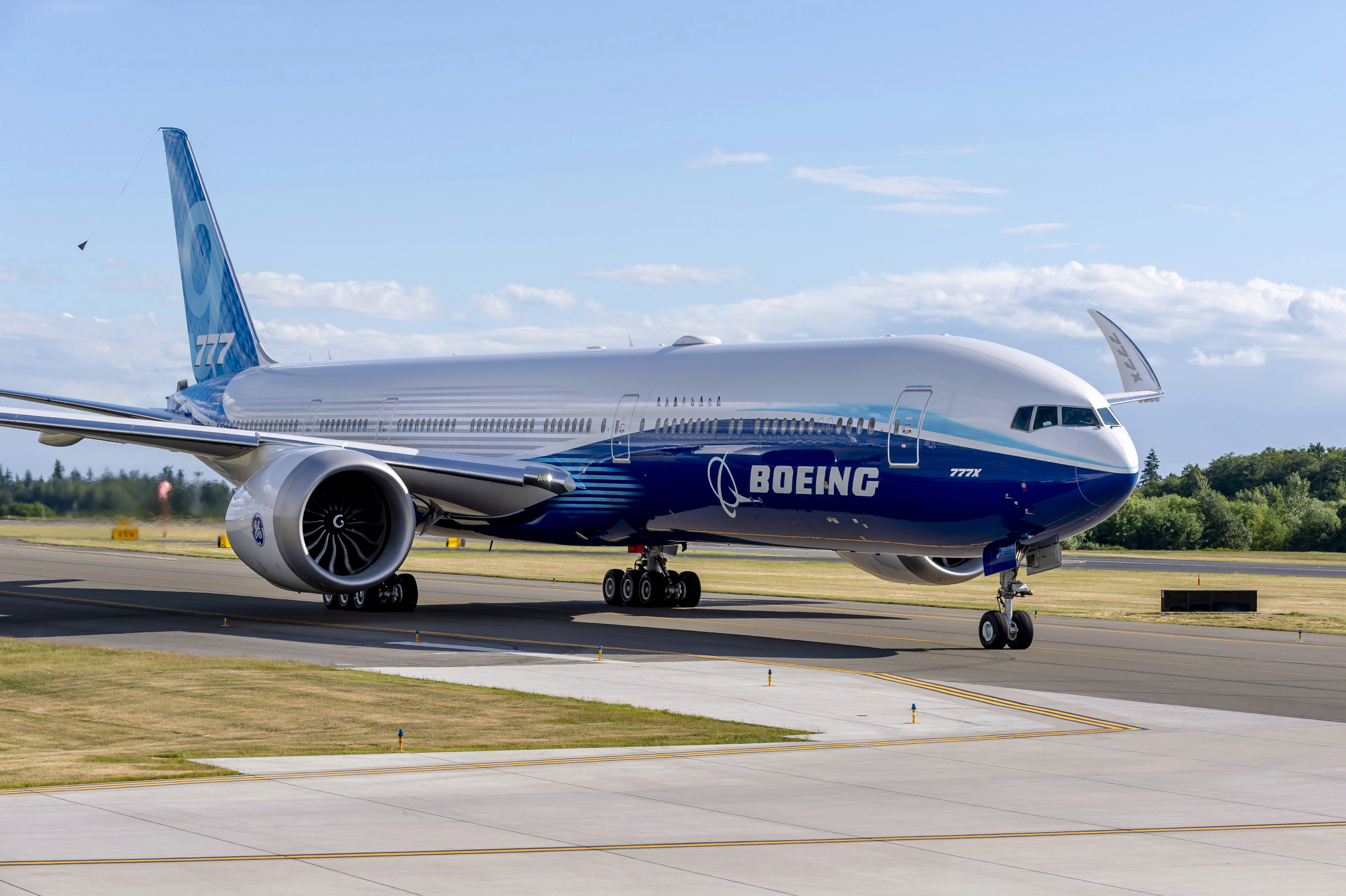With Boeing factory workers rejecting a pay offer from the OEM and opting instead for strike action, Boeing may move closer to the workers' initial demands, an analyst said.
Some 96% of Seattle- and Portland-based workers voted in favour of strike action, walking out early morning on September 13, 2024. An unlucky Friday the 13th indeed for the OEM, which had originally offered a 25% wage increase over a four year contract, with an immediate 11% pay increase. Some 94.6% of members rejected the pay offer.
The 33,000 workers – represented by the International Association of Machinists (IAM) District 751 & W24 - had originally called for a 40% wage increase.
"The biggest point of contention we've heard from members is the 25% wage gain vs. the initial 40% increase being sought after," said Bank of America analyst Ronald J. Epstein.
The OEM is facing numerous challenges this year and recently pushed back its 737 monthly production rate of 42 per month from September 2024 all the way back to March 2025. The strike adds another complicated layer to the already sizeable amount its new CEO Kelly Ortberg has to contend with.
Epstein said that, historically, 751 strikes have lasted on average around 60 days. The previous strike in 2008 lasted 58 days. It had been estimated to cost Boeing $50 million per day as production slowed. TD Cowen analyst Cai von Rumohr estimated the cost to have been around $100 million per day.
Epstein said it took the company "nearly two years to fully recover" the strike. TD Cowen analysts said this strike will "pare sales by more than 2008's" since the "volume is higher". However, it added that the Charleston 787 plant did not exist during the 2008 strike.
Cai von Rumohr added that IAM's head Jon Holden's support of the tentative agreement may also prove an "impediment to quick resolution" with Boeing's factory workers. He added: "His support of Boeing's failed offer suggests he's out of touch with the membership. Boeing will be leery of getting a yes vote just on his support, and the union is unlikely to accept a revised Boeing offer on his say so."
If a second offer fails, the analyst warned that we may see "both sides digging in".
He added: "However, if the Spirit AeroSystems strike and negotiated contract offers a precedent, the strike could be as short as a week. We see it likely Boeing would have to make further concessions and move closer to the IAM's initial proposal of 40% wage gains." The Spirit AeroSystems strike was ended on June 30, 2023, after a week-long strike. Production fully resumed on July 5, 2023.
The analyst noted that Boeing Commercial Airplanes CEO and Boeing COO Stephanie Pope had tried to quell tensions, pointing to the fact that proposed contract was "the best" the company had ever presented, while simultaneously drawing up the fact that it was carrying around $60bn in debt.
Additionally, Ortberg had said the strike would put the company's collective recovery in a tumultuous position.
The US manufacturer also is at risk of being cut to junk after the ratings agency Moody's placed the company on review for downgrade on September 13, 2024. The review came after concerns surrounding the impact of the strike on Boeing's cashflow, as well as the "potential equity capital raising Boeing may undertake to bolster its liquidity". The company's rating already sits at Baa3, meaning any further slip would lower into junk grade.
"A prolonged strike would fracture the recovery of the Commercial Airplanes business, which remains in its early stages," Moody's said in a statement. It said the rating could be downgraded if the strike is "prolonged" and materially reduces Boeing's liquidity.
It added: "The ratings could also be downgraded if Boeing needs to issue debt alongside any equity raised to meet its liquidity requirements including the retirement of the approximately $12bn of debt maturities between now and the end of 2026."
Fitch Ratings has similarly declared that a prolonged strike could also see it downgrade Boeing's rating, which is currently 'BBB-'. Though it added: "If the current strike lasts a week or two, it is unlikely to pressure the rating."
S&P Global Ratings had echoed similar sentiments.
In an email sent to staff, Boeing executive vice president and CFO Brian West said: "This strike jeopardises our recovery in a significant way and we must take necessary actions to preserve cash and safeguard our shared future. Importantly, we will protect all funding for safety, quality and direct customer support work."
West's email listed a range of actions Boeing would take to safeguard its financial position. For one, it has initiated a hiring freeze across all levels of the company and paused all pay increases associated with internal executive and management promotions. In addition, West said the company is making "significant reductions" in supplier expenditures - stopping a majority of supplier purchase orders on the 737, 767, and 777 programmes.
"We are also considering the difficult step of temporary furloughs for many employees, managers and executives in the coming weeks," added West.
Other actions include stopping any non-critical travel, eliminating all first and business class air travel - including for the executive council - as well as pausing employee recognition and team event spending, as well as charitable contributions.
West said Boeing will reduce its participation at airshows, tradeshows, and other special events, along with stopping catered meal and food services at Boeing facilities unless customer related. It will also suspend non-essential capital expenditures and facilities spending, and will also suspend "outside consultant spend" and temporarily release non-essential contractors.
Boeing's shares have fallen over 4% in the past five days, as of September 17, 2024. In addition, it has tumbled over 24% over the past year.

